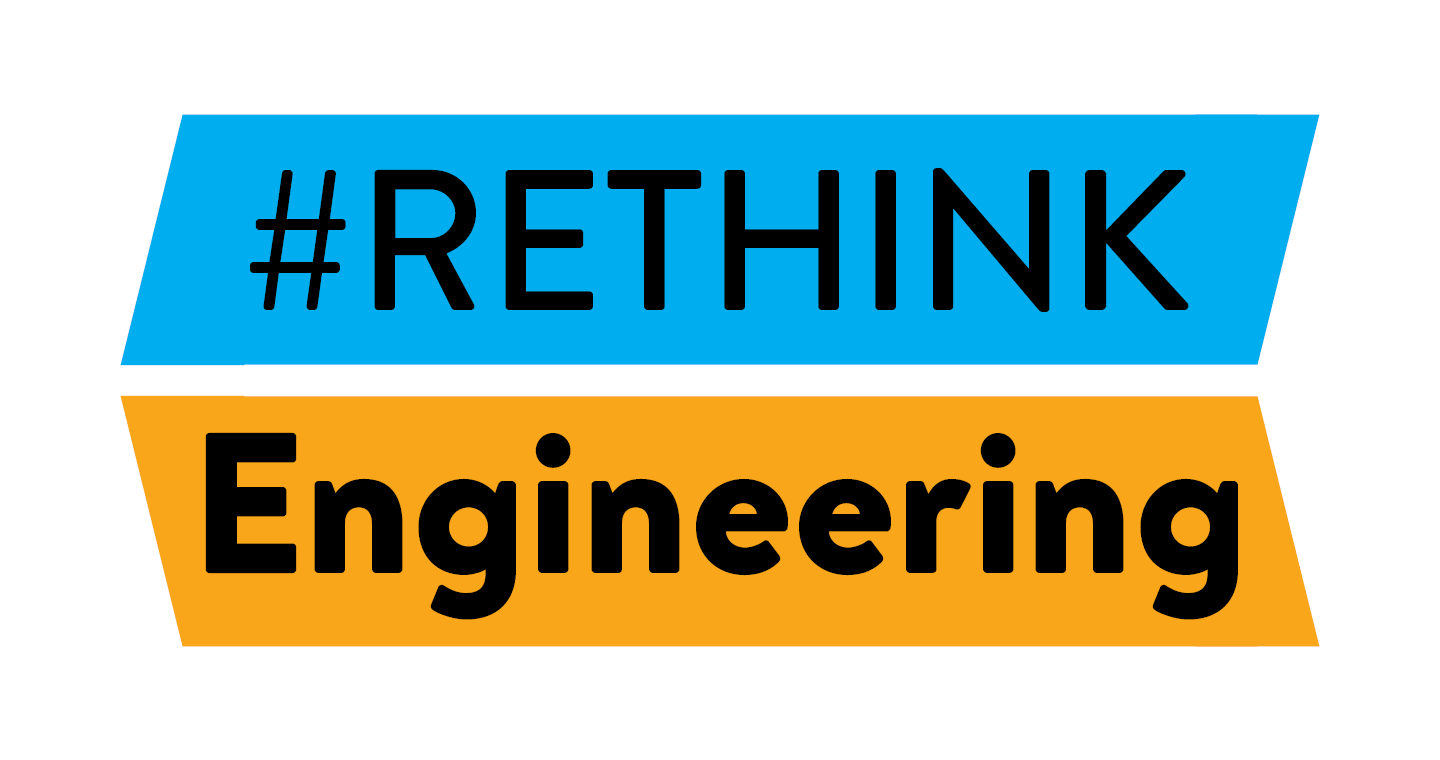Rethink Engineering

The School of Engineering at UEA has a commitment to fostering a breadth of talent from across the region. Our Outreach work includes a range of events and resources for students, parents/guardians, and educators.
With the expertise available at the Norwich Research Park and across the region, we nurture interest in engineering with robotics and 3D games workshops, summer schools, and other events. Our Outreach work is focused on encouraging and celebrating the present and future engineers of the world.
Pathways into Engineering
There are so many different pathways into engineering and it's never too early to start thinking about your next steps. We're producing a range of resources for young people of all ages, from primary to post-16, to help you inspire your students.
Click on any of the stages below to learn more about pathways into engineering:
Request your free resource pack
We can provide a free copy of any of our Pathways Into Engineering posters for your classroom (plus a few extra engineering goodies!)
Email us at the link below and tell us your mailing address and which poster(s) you'd like: primary, KS3, KS4, or post-16.
Our Outreach Activity 2023-2024
Here's what our Outreach team have been up to so far this year. Click each heading to read more or browse the image gallery below.
Our outreach activity: 2022/23
We have had a busy year trying new ways to explore engineering with students, teachers, parents, carers, and career advisers. Below are some of the highlights!
All our activities were free of charge for participants to remove barriers for all.
What the future holds
We are as enthusiastic as ever to continue offering schools, students, and families opportunities to explore engineering. Keep up-to-date using our social media channels and website to stay in the loop. You can also contact us at engineering@uea.ac.uk with any engineering questions or requests.
Have you heard?
There is a big engineering and technology community keen to support and encourage students. The following organisations offer lots of engineering inspiration and useful resources:

)
)
)
)
)
)
)
)
)
)
)
)
)
)
)